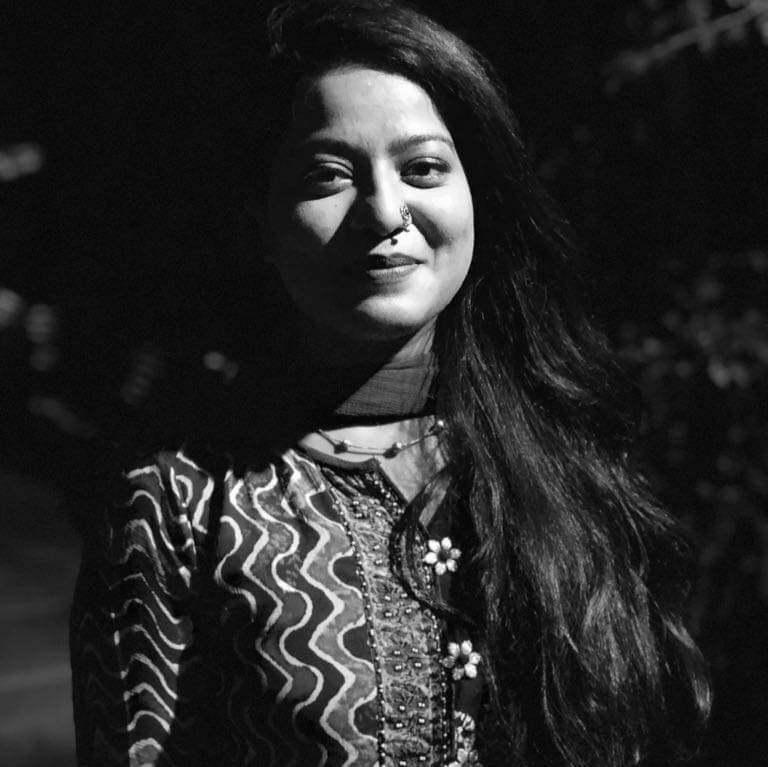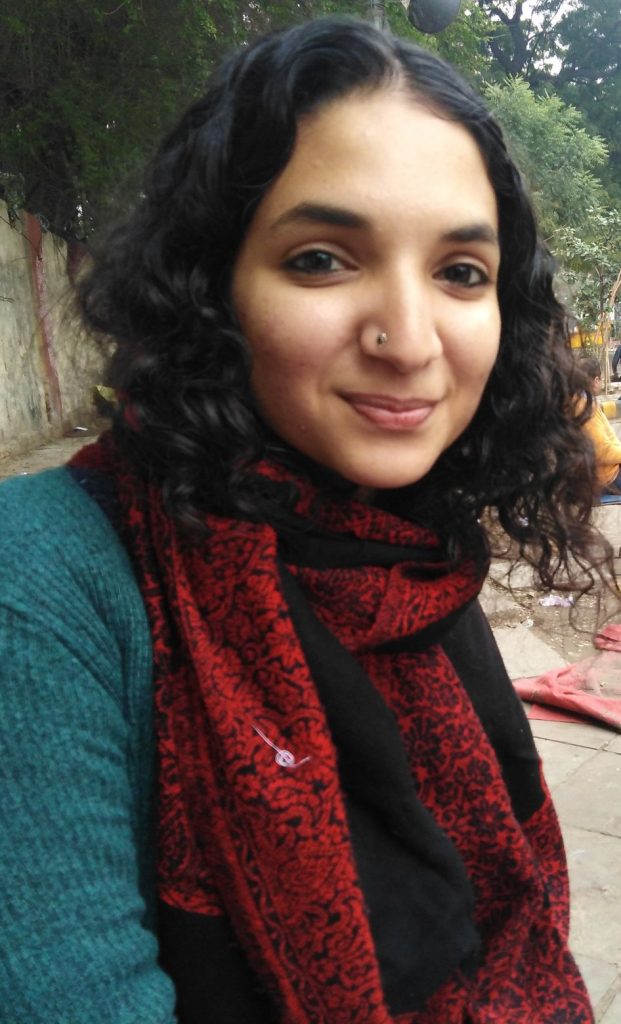

Srishti Chourasia spoke to women who continue to express their dissent, despite bullets and threats against them.
In order to understand politics, it is very important to understand where someone is coming from, says Safoora Zargar. 27-year-old Zargar is an M.Phil student (Sociology) at Jamia Milia Islamia, New Delhi and also a member of the Jamia co-ordination committee that is been at the helm of the anti-CAA protests in the capital since December 13, 2019.
Zargar,who has been part of the protests against CAA since they first started, says that there is no one step that leads women to stand up and fight, it is a situation they have arrived at, after realising that both the state and the elected government has failed them. “They also have maximum to lose, these are women’s who’s identities, like most women in this country, they are defined by the male relationships in their lives. So, if the CAA does come into place, it’s going to be their sons and their husbands that are going to be put into detention centers, it is their identity and nationality that is going to be questioned, “she asserts.

Safoora Zargar
“There is a lot of anti-minority sentiments, not only in India but in the world. I am doing research on urban Muslims. I want to work for their betterment in future. I want to give this world a new perception about them,” says Zargar.
Quite simply, women are protesting right now because a right wing government takes away the little autonomy that is available to them and it affects them directly. 23-year-old Kawalpreet Kaur, President of the All India Students Association (AISA) re-iterates the fact when she says that politics affects everyone involved. “I am a woman and if a politician will take out rallies to save rapists, then it obviously affects me. If there is a fee hike, then a student like me won’t be able to study. I have always been concerned about my education, just like anyone else from a service class family.”
Kaur also says that her need to be political and exercise her voice also comes from an innate desire to be heard. She feels the mainstream political discourse is “too masculine,” and she is just doing her bit to add some more diversity. “I want to work towards making an India that is secular and free—not just on paper but in reality.”

Kawalpreet Kaur
Pinjra Tod, a student collective lead by women has been rallying student support across Delhi campuses. Avantika, a member of the organisation, says that the reason it is so popular is because it is not affiliated to any political party but relies on community lead activism to lead the way. Avantika also stresses on the fact that the organisation doesn’t allow any one person to get profiled for the entire movement because it is a community lead movement.
Shagufta Bibi of Shaheen Bagh, who is been sitting there , ever since the protests first started says that, she is there for the constitution. “We were silent during the mob lynchings, the Tripe Talaq, the Babri Masjid –even though all these things were singling out our community, but now it is an attack on the very nature of our constitution,” she says. She says, the women are protesting because this is a fight by all mothers for their children.